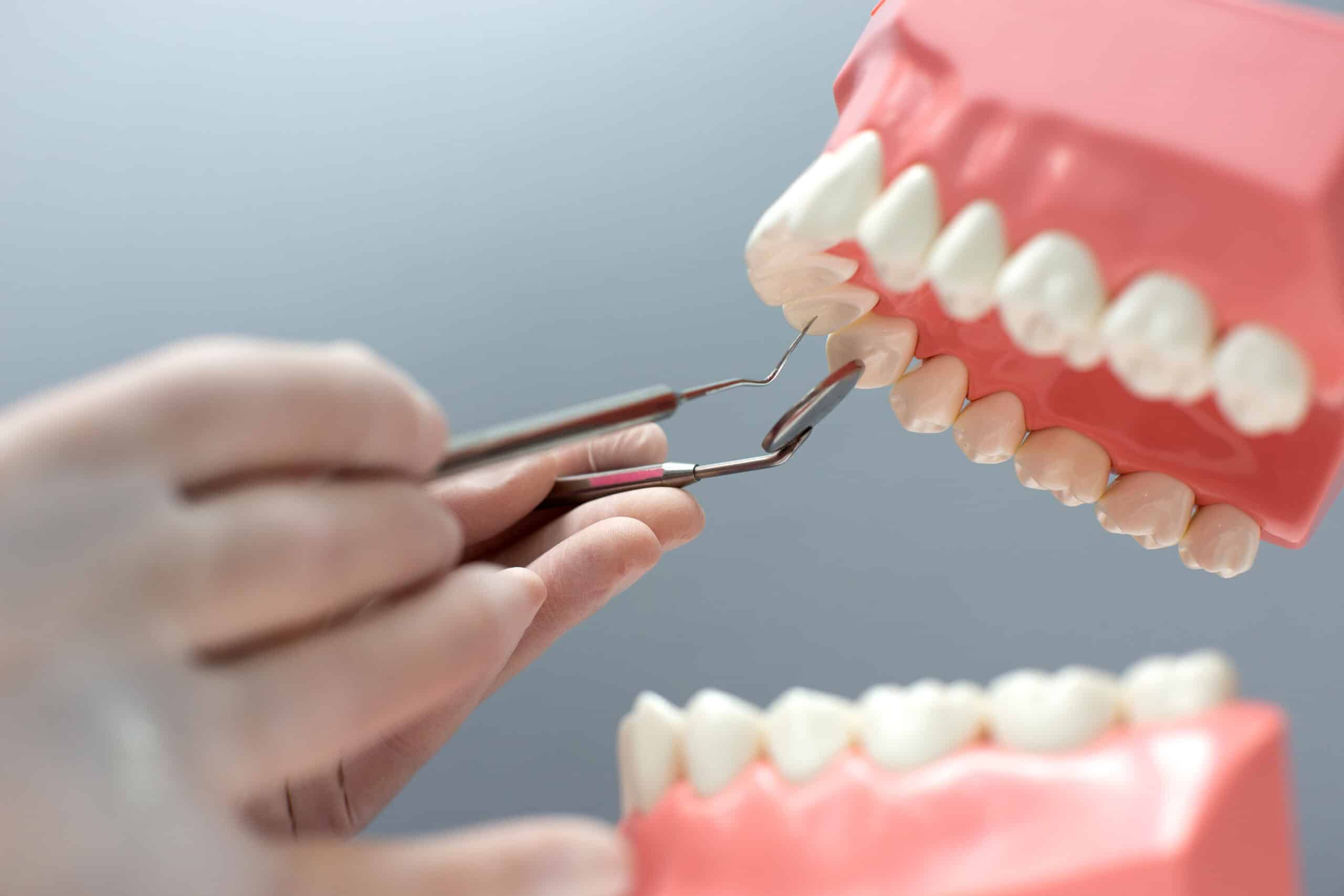When Will My Dental Implants Feel Natural?
By :
Affordable Dentist | September 06, 2023
Dental implants have revolutionized how people regain smiles and chewing functionality after tooth loss. These prosthetic teeth look like real ones and can restore your confidence and oral health. However, many patients wonder when their dental implants will feel as natural as their original teeth. This interactive blog post will delve into adapting to dental implants, offering guidance, tips, and expert insights to help you along your journey.
Signs That You Need Dental Implants
A healthy, confident smile can be a game-changer in life, but sometimes, tooth loss can disrupt that. Fortunately, dental implants have emerged as a revolutionary solution for replacing missing teeth. If you're experiencing dental issues, it's crucial to recognize the signs that indicate you may need dental implants.
Missing Teeth
The most obvious sign that you might need dental implants is having one or more missing teeth. Missing teeth can impact oral health and self-esteem, whether due to an accident, decay, or other dental issues. Dental implants offer a permanent and natural-looking solution to fill these gaps.
Difficulty Chewing
Are you struggling to chew your favorite foods, or do you avoid certain foods altogether due to discomfort? Difficulty chewing can indicate tooth decay, gum disease, or a misaligned bite. Dental implants can restore your ability to enjoy all your favorite meals without hassle.
Speech Problems
If you've noticed changes in your speech patterns, such as slurred speech or difficulty pronouncing certain words, it could be due to missing teeth or ill-fitting dentures. Dental implants can provide stability and support for your speech, allowing you to speak clearly and confidently.
Gum Recession
Receding gums can expose the roots of your teeth, making them vulnerable to decay and sensitivity. This can lead to tooth loss in severe cases. Dental implants replace missing teeth and stimulate the jawbone, preventing further gum recession.
Uncomfortable Dentures
Consider dental implants if you currently wear dentures and find them uncomfortable, slipping, or causing sore spots. Implant-supported dentures offer enhanced stability and comfort, allowing you to eat and smile easily.
Deteriorating Oral Health
Persistent oral health issues, such as recurring gum infections or decay around the site of missing teeth, can strongly indicate that dental implants are needed. Implants can help restore your oral health and prevent future complications.
Understanding the Dental Implant Journey
Immediate Postoperative Period
Your dental implant journey begins with surgery. You will likely experience some discomfort, swelling, and bruising during the immediate postoperative period. Your dentist will prescribe pain medication and provide postoperative care instructions. It's essential to follow these instructions meticulously to ensure proper healing.
The Osseointegration Phase
Osseointegration is the critical phase where your implant fuses with your jawbone. This process is essential for the stability and longevity of your dental implant. During this period, you should be cautious about what you eat and how you care for your implant site. Regular check-ups with your dentist are crucial to monitor your progress.
Provisional Restoration
After successful osseointegration, your dentist will attach a provisional crown to your implant. This temporary restoration allows you to regain functionality and aesthetics while your permanent crown is fabricated. It's a significant milestone in your journey.
Achieving Natural Feel
The Permanent Crown
Once your permanent crown is placed, you'll feel a significant difference in how your dental implant functions and looks. It's custom-designed to match your natural teeth, making it challenging to spot the difference. Patients often report that their dental implants start feeling natural after the permanent crown placement. It's the closest you can get to having your original teeth back.
Adjusting to Chewing and Speaking
As you continue to use your dental implant for chewing and speaking, you'll gradually adapt to it. Some patients may take longer to feel comfortable, while others might adjust relatively quickly. Patience is key during this phase.
Maintenance and Regular Check-ups
To ensure your dental implants remain comfortable and functional, it's essential to maintain good oral hygiene and attend regular dental check-ups. Your dentist will monitor your implant's condition and guide care and maintenance.
The timeline for when your dental implants will feel natural varies from person to person. It's essential to be patient with yourself and follow your dentist's instructions diligently. With time, you'll find distinguishing your dental implant from your natural teeth challenging. Dental implants have transformed countless lives, providing a second chance at a beautiful smile and optimal oral health. If you're considering dental implants or are currently on this journey, remember that you're not alone; many have walked this path before you.


